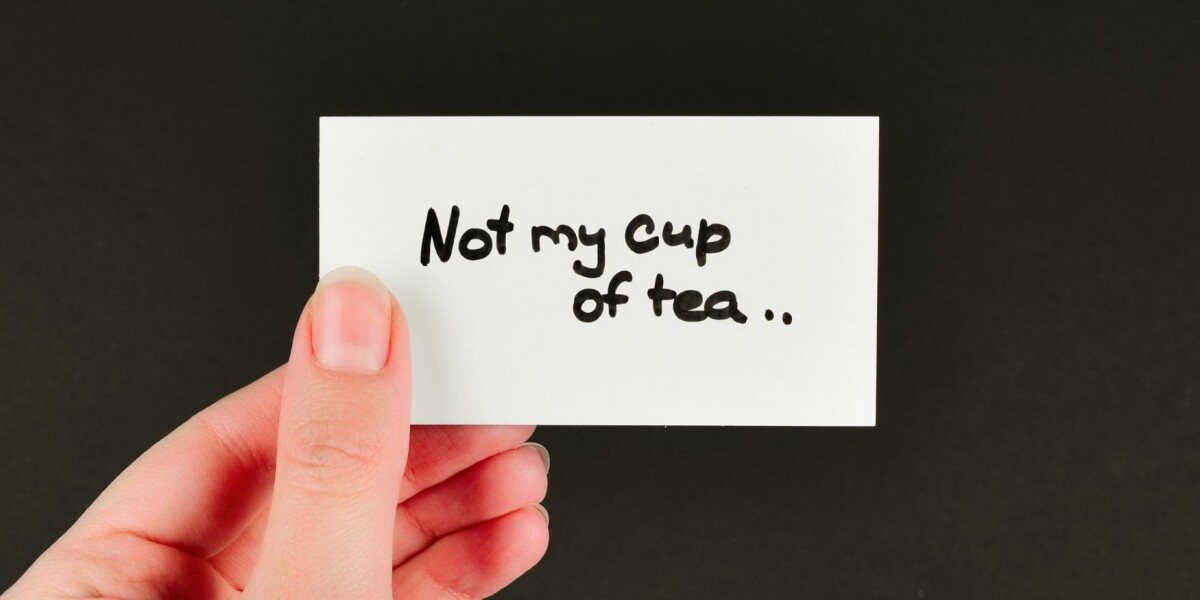
- Select a language for the TTS:
- UK English Female
- UK English Male
- US English Female
- US English Male
- Australian Female
- Australian Male
- Language selected: (auto detect) - EN
Play all audios:
If a job’s worth doing, it’s worth doing well, so the old adage goes. However, when it comes to learning French, do we really need to include an understanding of idioms? Looked at in
isolation, sayings such as ‘pigs might fly’ (or the French equivalent _quand les poules auront les dents_) seem bizarre and outdated. Pay attention carefully during conversations in English,
though, and you might find you use them more than you think. The same goes for native French speakers. HELP YOU FEEL INCLUDED Katy Beauvais, a language specialist and host of The French
Instinct podcast, says: “Learning common French idioms is essential since the French use them a lot in their everyday conversations. “If you are not familiar with them, you will face
difficulties understanding and can feel left out and disconnected from French culture and society.” This does not necessarily mean you should swot up on hundreds of sayings and pepper your
conversation with elaborate comparisons, but learning a few common idioms could be the icing on the cake when it comes to using the language. Plus, you will be less confused (or terrified!)
the next time someone describes your neighbour as having hair in the palm of their hand (_avoir un poil dans la main_). Relax: they are telling you he is lazy, rather than crazy. READ MORE:
FRENCH PODCASTS TO HELP IMPROVE YOUR LANGUAGE SKILLS ADD DEPTH AND PERSONALITY TO COMMUNICATION Whether or not you feel idioms are a necessary part of communication comes down to personal
choice. Most people would agree, however, that at the very least these tried-and-tested (and sometimes strange) phrases are interesting and fun. “Idioms add depth and personality to
communication. You can express yourself in a more natural way and communicate more clearly,” says Ms Beauvais. “Additionally, when you use idioms in your speech, you signal to the French
that you are familiar with their culture and its rich linguistic heritage.” READ MORE: WIDEN YOUR VOCABULARY WITH 10 ALTERNATIVES TO COMMON FRENCH PHRASES MOST IDIOMS DO NOT TRANSLATE
DIRECTLY If you are going to use an idiom – or respond to one – make sure you know your stuff. While French and English have some idioms that translate directly, such as ‘a bird in the hand
is worth two in the bush’ (_un tiens vaut mieux que deux tu l’auras_), assuming that all are interchangeable could lead to a world of confusion. If you decide to risk it, you might end up
making a fool of yourself – or, as the French might call it, ‘making a sausage’ (_faire l’andouille_). Idioms we are accustomed to might sound completely normal to our ear, but examining
their literal meaning will have non-natives scratching their heads. This works both ways. Just imagine someone telling you they have a cat in their throat. They have not swallowed poor
Fluffy – they just need a little cough (our equivalent, ‘a frog in the throat’, is hardly more logical). Meanwhile, if someone describes you as having your fingers in your nose, you might be
insulted (or shocked – how did they know?). Don’t worry, they just mean you can do something easily. “To avoid misunderstandings or awkward situations, the best approach is to learn and
understand French idioms in their original language and in context,” advises Ms Beauvais. “Only then can they be accurately translated to ensure the intended meaning is conveyed
appropriately.” SIX IDIOMS TO GET YOU STARTED Keen to take the bull by the horns and jump in at the deep end? Here are some great idioms to cut your teeth on: 1. _Faire la grasse matinée_ –
‘Doing a fat morning’ is the French way of saying you are having a lie-in 2. _Il fait un froid de canard_ – Your interlocutor has not gone completely quackers here: describing the
temperature as ‘duck cold’ simply implies extreme chilliness 3. _Tomber dans les pommes_ – To fall in the apples actually means to pass out, with or without some fruit to catch your fall; 4.
_Pas ma tasse de thé_ – Identical to our own saying (‘not my cup of tea’) and hopefully just as useful 5. _C’est la fin des haricots _– If things are really tough and you have run out of
money, or food, then _c’est la fin des haricots_ – translated as ‘it’s the end of the beans’. Traditionally, beans were the last items to be eaten, so once gone, the cupboard was bare. 6.
_Se noyer dans un verre d’eau_ – Clearly, nobody is likely to drown in a glass of water. This idiom is used to describe someone making a big fuss about nothing (a ‘mountain out of a
molehill’) RELATED ARTICLES NONPLUSSED BY FRENCH NUMBERS? C'EST COMME ÇA! COMMON MISTAKES FRENCH LEARNERS MAKE AND HOW TO FIX THEM HOW TO STAY MOTIVATED WITH YOUR FRENCH LANGUAGE
LEARNING






